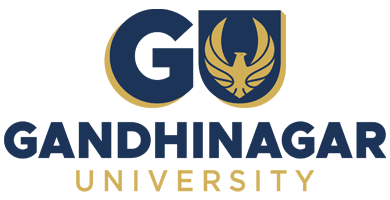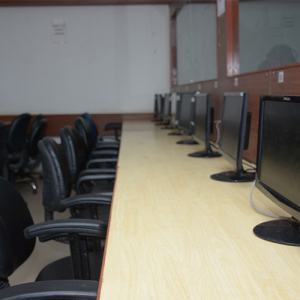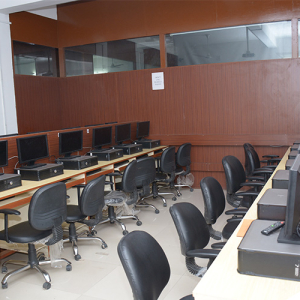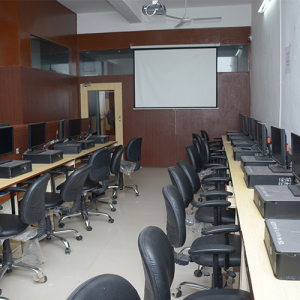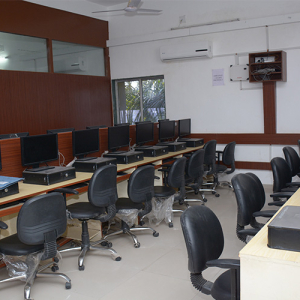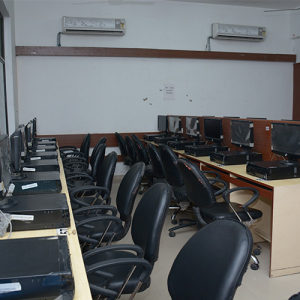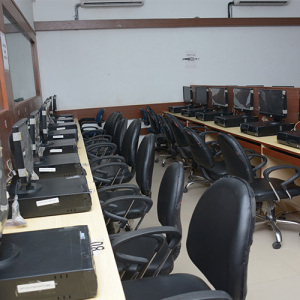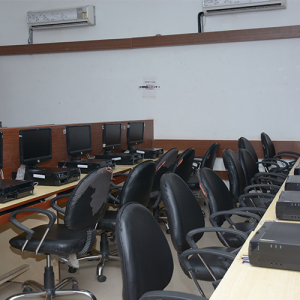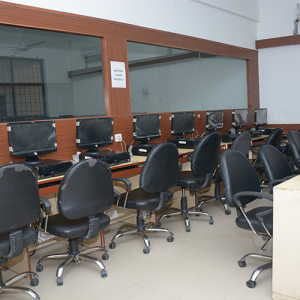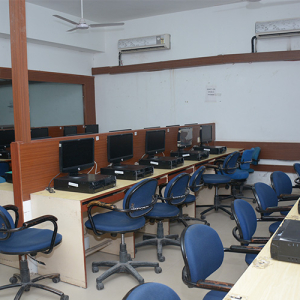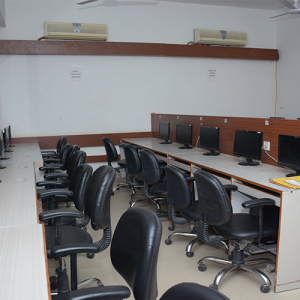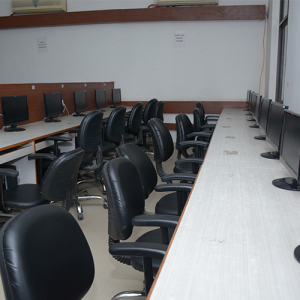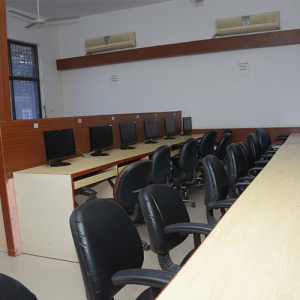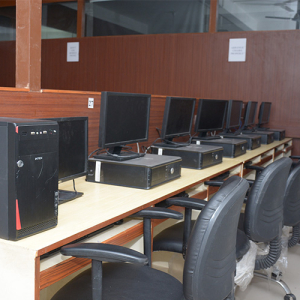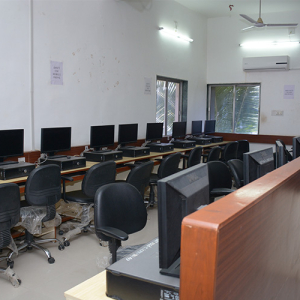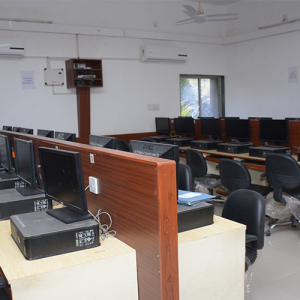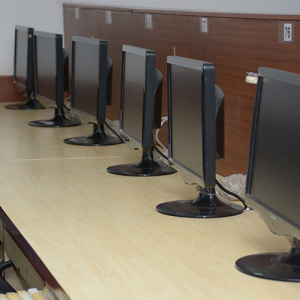M.tech in cyber security
& digital forensic
About Department
Cyber Security Branch at GIT was initiated in 2023. It offers four years bachelor’s degree in Cyber Securitywith an Intake of 60 students. It is affiliated with Gandhinagar University.
The impact of Technological advancements on human life is not complete without the role of Cyber Security, along all axes. Hence, all-pervading nature of Cyber Security is culminated in huge demand for education in the said field. Education in Information Technology imparts the knowledge through which the needs of users within an organizational and societal context can be met. The regular updated curriculum meets the diversified needs of the industry.
The Department is equipped with talented pool of faculty members, meritorious students, and state of the art infrastructure. Information Technology is well established with modern computer laboratory facilities, having high configuration computer system available one to one per student. Internet facilities are available in all the laboratories and also accessible in campus through WiFi.
Courses Offered:
- B. Tech. Cyber Security (60)
- M.Tech in Cyber Security & Digital Forensic (18)
- PG Diploma in Cyber Security & Digital Forensic (40)
Vision


Mission
- Aware scholastic about ethics and research to address present and future difficulties of rapidly changing IT industry.
- Maintaining progressive facilities and hands-on practices in laboratories where students can enhance their understanding of the technology.
- To raise maximum participants in various co-curricular and extra-curricular activities to upgrade their inherent skills, social and expert aptitudes for their career enhancements.
- To impart innovative teaching-learning processes, so all incubators can get access to primitives.
PEOs
- PEO1: To formulate degree holders with educational competency in the field of information technology for the better opportunities in the career development.
- PEO2: With the help of prerequisite knowledge of engineering, alumni are provided with the capacity to become pioneers in the technological world.
- PEO3: To up skill understudies with the expertise in the engineering to design and develop the robust systems to solve complex real life problems.
- PEO 4: Prepare graduates with high moral values, committed towards work completion and professionalism for the welfare of the society.


PSOs
- PSO1: The students will be able to understand various principles and concepts of Information Technology field and apply acquired knowledge by analyzing, designing, developing IT applications
- PSO2: By enhancing design skills, the student will be able to develop innovative solutions that meet the requirements of new era technologies.
Program Outcomes (PO)
- PO1: Engineering Knowledge: Utilize the basic knowledge in mathematics, science and engineering in the field of Engineering.
- PO2: Problem Analysis: Identify, formulate and solve complex problems to achieve demonstrated conclusions using mathematical principles and engineering sciences.
- PO3: Design/Development of Solutions: Design system components that meet the requirement of public safety and offer solutions to societal and environmental concerns.
- PO4: Conduct Investigations of Complex Problems: Apply research-based knowledge to design and conduct experiments, analyze, synthesize and interpret the data pertaining to Engineering problems and arrive at valid conclusions.
- PO5: Modern Tool Usage: Construct, choose and apply the techniques, resources and modern engineering tools required for engineering applications.
- PO6: The Engineer and Society: Apply the contextual knowledge to assess societal, health, safety and cultural issues and endure the consequent responsibilities relevant to the professional engineering practice.
- PO7: Environment and Sustainability: Examine the impact of engineering solutions in global and environmental contexts and utilize the knowledge for sustained development.
- PO8: Ethics: Develop consciousness of professional, ethical and social responsibilities as experts in the field of Engineering.
- PO9: Individual and Team Work: Perform effectively as a member/leader in multidisciplinary teams.
- PO10: Communication: Communicate the engineering activities to engineering society for documentation and presentation.
- PO11: Project Management and Finance: Demonstrate knowledge and understanding of the engineering and management principles to manage projects in multidisciplinary environment.
- PO12: Life-long Learning: Demonstrate resourcefulness for contemporary issues and lifelong learning.
What The Students Learn In Information Technology ?
- Different Computer Languages including C, C++, JAVA
- Basic Electronics
- Design Engineering
- Data & File Structures
- Database Management System
- Digital Fundamentals
- Computer Networks
- Object Oriented Programming
- Web Development
- Software Engineering
- Advanced Web Programming
- Artificial Intelligence
- Information and Network Security
- Cryptography and Network Security
- Advanced Java Technology
- Big Data Analysis
- Operating System
- Mobile Application Development
- Computer Organization & Architecture
- Software Project Management
- Computer Vision
- Advance Machine Learning
- Agile Development UI/UX Design
- Internetwork Security and Web Analytics
- Block Chain, etc.


